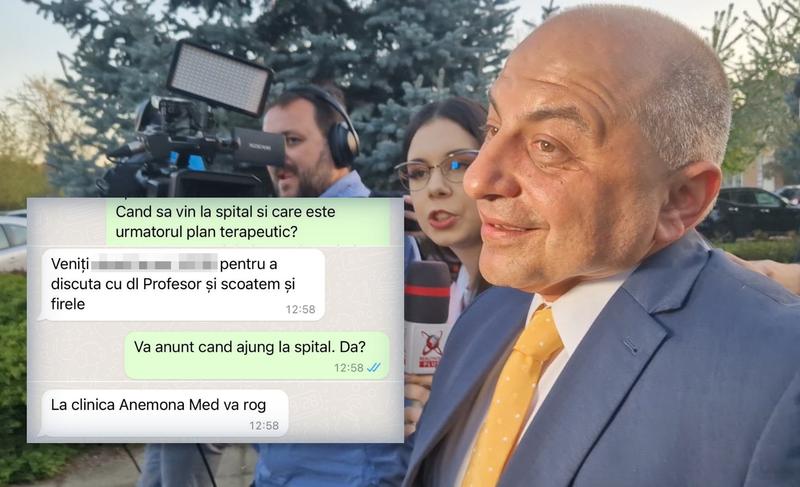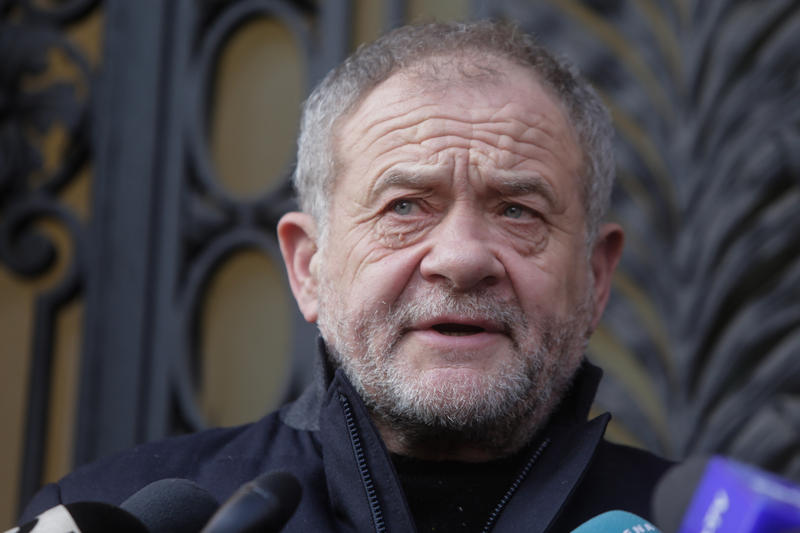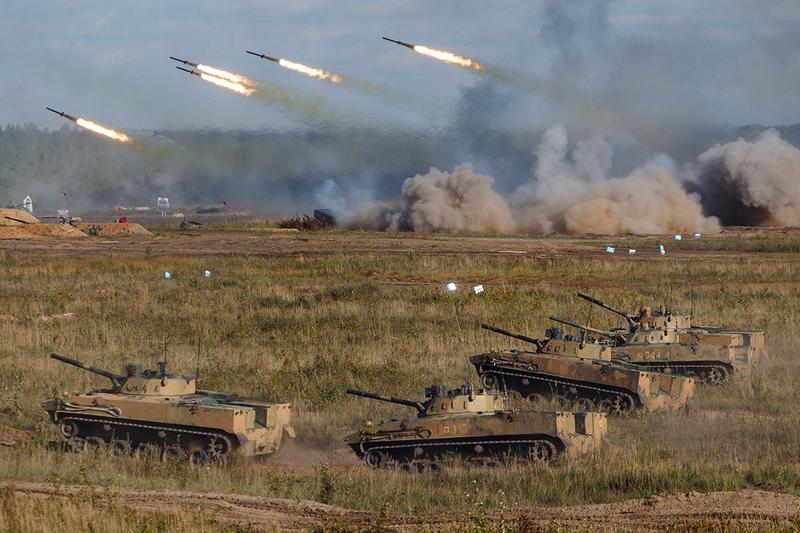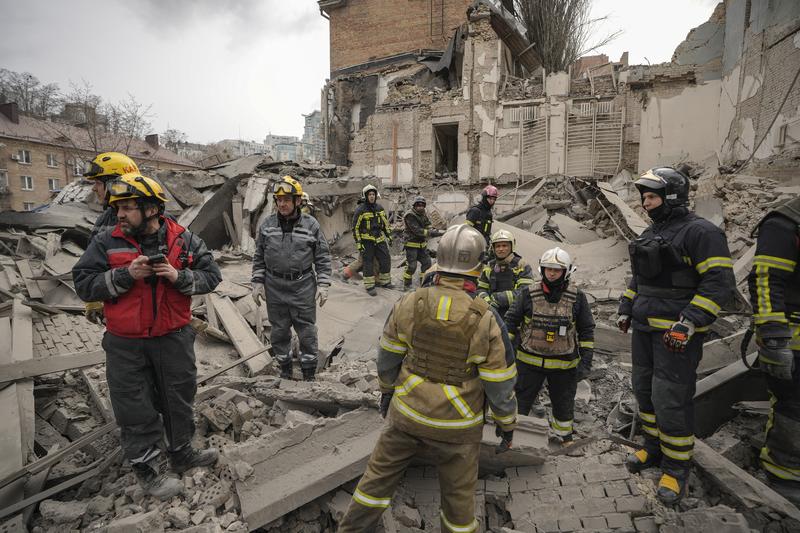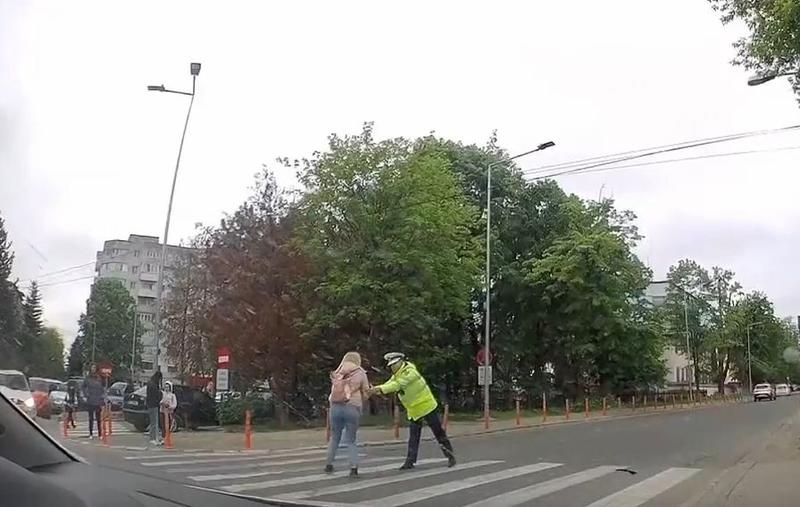As the world gets increasingly worried about the aggressive informational war tactics developed by Russia, Romania gets ready by itself to be conquered by means of media. While large countries such as the US, Germany or even organisations like NATO try to counter the new weapons perfected by Russia, in Romania the local media itself does the harm Russian trolls are struggling to do elsewhere.

A former top intelligence official who was forced to step away amid a series of controversies earlier this year, General Florian Coldea, said in an interview published yesterday that an ongoing attack that gained weight for the past several days against him and the Romanian Intelligence Service (SRI) might hide the interests of enemy countries. But it is unlikely that foreign services or enemies abroad are involved in these attacks for the time being. What Romanians do to themselves is enough, no foreign involvement needed.
The latest round of attacks against Romanian judiciary and the intelligence services was launched by a former SRI officer, Colonel Daniel Dragomir, and were carried massively by media which are close to the governing Social Democratic Party (PSD) and heavily involved in the struggle of corrupt politicians and businessmen to counter the fight against corruption.
The so call Dragomir case is emblematic. A former intelligence officer publicly launches a series of lies aimed at weakening key state institutions; the majority of the media depict them on TV as unquestionable truth, while a largely anonymous wave of Facebook posts depict them as proven facts.
When former officer Dragomir alleged without proof that some journalists have been in contact with SRI general Coldea or that the services considered a forced closure of government-friendly Antena 3 TV news station, Antena 3 made headlines with "Coldea's tools in the media". Antena 3, other TV channels or websites (luju.ro, stiripesurse.ro) published "revelations" made by Dragomir, depicting the allegations as facts.
Few media outlets reported correctly, with all the the necessary caution, that these attacks were launched by a former officer who has been investigated in criminal files and who made unsubstantiated allegations. The majority of headlines gave credit to a former officer facing serious accusations and suspicions that he made himself available for political and business groups to discredit the fight against corruption and those who support it.
Those who gave public prominence to Dragomir made sure to present him as a most credible source: a man from within the system, a former aide for general Coldea, Coldea's right hand, showing the two pictured together. No word about Dragomir's judicial issues, while Coldea dismissed claims that Dragomir served as his "right or left hand".
- Media outlet Sputnik, controlled by the Russian government, went further and named Dragomir "the most important SRI officer at the moment" and compared his "revelations" to those of Edward Snowden.
All these so-called revelations and these fake information spread on Facebook to gain the necessary critical mass so that many goodwilled people started to give credit to Dragomir's stories. It didn't matter anymore that a journalist, Sorina Matei, later discovered that Dragomir presents himself, on the website of his consulting business, as an "expert in manipulation techniques". Neither did it matter when general Coldea denied a day later that the former officer had served as his deputy.
Dragomir's image had already been built among the public: Coldea's former crony who knows what he's talking about from within the SRI. It didn't matter anymore that Dragomir had left SRI by means of resignation in 2013, saying he wanted to make money, or that he had no direct way to know about what happened within the SRI about its collaboration with the anti-graft body, the DNA, as protocols between the two institutions were signed after his departure.
No rational element mattered anymore and the Parliament even called Dragomir for hearings at the parliamentary commission supervising the SRI. It is a textbook case of manipulation that a large slice of Romanian media fell victim to. These media swallowed his allegations whole, be it for lack of knowledge or malevolence - it doesn't matter a lot why they did so. The fact remains that the public is flooded with fake news, buried in an avalanche of sensationalist headlines. And a lie repeated endlessly turns into an unchallenged truth which appears to be confirmed from multiple sources.
Romania thus makes its key state institutions vulnerable, based on the attacks orchestrated from within. It's like the Russians don't need to act here anymore, as they elsewhere in the West. But we know for sure that Russia is interested in becoming involved with Romanian media. A recent attempt of Russya 1 to enter the Romanian broadcasting market by means of a Iasi-based company led to nothing so far. But the threat is not gone.
The mechanism used by the Romanian press to fabricate news looks terribly alike with the methods used by Russia in its information war against the West: lots of conspiracies, unsubstantiated accusations depicted as pure truth, lack of corrections when these are proven false. A wave of anonymous activity on Facebook is gaining momentum, with promoted articles and clips aiming to undermine views of the Western ways. More recently, a Hungarian propaganda clip, subtitled in Romania, lauds Hungarian PM Viktor Orban's role of defender of Christianity and traditional family and was shared by thousands on Facebook.
The Romanian case of officer Dragomir is partly similar to what the Russians did in the German criminal case of Lisa, when it comes to manipulation techniques.
- Lisa's story was described in a report published a week ago by New York Times, titled "RT, Sputnik and Russia's New Theory of War". A week earlier, New York Times also published a report on "The Fake Americans Russia Created to Influence the Election" in the US. revealing how entities suspected of links to Russia used Twitter and Facebook to spread anti-Clinton messages and promote info from hacked e-mails.
In the international information war, Romania does no longer have to be conquered by Sputnik or the Russian network RT. A large part of its own media does the job itself, even though Russia is unlikely to be content with this alone when the stakes of its information war are so high.
